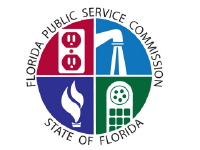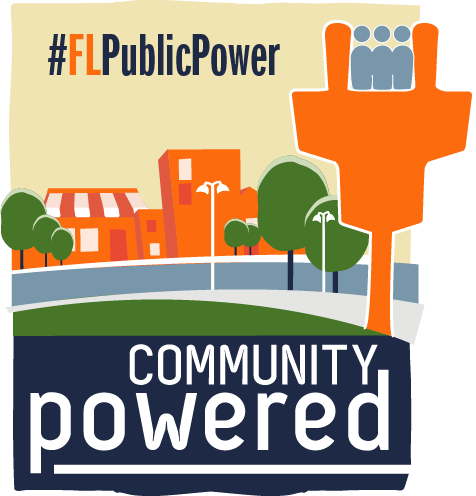Duke Rate Settlement Approved
 Article reposted with permission from The News Service of Florida.
Article reposted with permission from The News Service of Florida.
With support from representatives of consumers and businesses, the state Public Service Commission on Wednesday approved a settlement that will increase Duke Energy Florida’s base electric rates and help lead to building more solar-energy facilities.
Duke, the state Office of Public Counsel, which represents consumers, businesses and business groups reached the rate settlement in July after lengthy negotiations. While base rates will increase, the hikes will be lower than what Duke had earlier proposed.
“The negotiations were absolutely tough, but they have resulted in a settlement that fairly balances all interests,” Melissa Seixas, Duke’s state president, told the regulatory commission. “With this settlement, we will continue to do the important work towards a cleaner energy future while prioritizing reliability and price stabilization.”
Charles Rehwinkel, the state’s deputy public counsel, said the settlement will lead to “relatively modest levels of rate increases” in 2025 and 2026 and said the commission could reach the conclusion that the “overall result of this global agreement, taken as a whole, is squarely in the public interest.”
The settlement, which was unanimously approved by the commission, will increase base rates by $203 million in 2025 and $59 million in 2026. It includes Duke using about $50 million in anticipated federal tax credits to offset the need for a base-rate increase in 2027.
Earlier, Duke had sought a $503 million increase in 2025, $98 million in 2026 and $129 million in 2027.
Also as part of the settlement, Duke will be able to recoup costs from customers for 12 new solar facilities. The solar increases are projected to total $12 million in 2025, $71 million in 2026 and $58 million in 2027, the utility said last month.
Base rates make up a major part of customers’ monthly bills, along with such expenses as fuel for power plants and environmental-compliance costs. Despite the increase in base rates, Duke officials said residential customers’ monthly bills are expected to decrease in January because other current costs, such as costs related to storm recovery, will drop off bills at the end of 2024.
Marcia Olivier, director of rates and regulatory planning for the utility, said the base-rate increases will result in an average 2 percent annual bill increase for residential customers over the three-year period.
Duke reached the settlement with the Office of Public Counsel, the Florida Retail Federation, the Florida Industrial Power Users Group, Nucor Steel Florida, Inc. and PCS Phosphate-White Springs. Nucor Steel and PCS Phosphate are major electricity users. A variety of other parties, including Walmart, the Sierra Club, the Southern Alliance for Clean Energy, Florida Rising and the League of United Latin American Citizens of Florida, did not oppose the settlement.
A closely watched issue in rate cases is the amount of profits that utilities are allowed to earn as measured by a “return on equity.” The settlement would allow Duke to earn a return on equity ranging from 9.3 percent to 11.3 percent, with a “midpoint” — a sort of target — of 10.3 percent. The utility’s original proposal included a return-on-equity midpoint of 11.15 percent.
The settlement also includes issues such as Duke agreeing not to disconnect electricity for nonpayment of bills when projected temperatures are 95 degrees or higher or when the heat index is forecast to be 105 degrees or higher.
Settlements are relatively common in base-rate cases. For example, Duke, which is the state’s second-largest utility behind Florida Power & Light, is operating under a rate settlement that was reached in 2021 and will end this year.
Meanwhile, a hearing is scheduled to start Monday on a proposal by Tampa Electric Co. to raise base rates. As of Wednesday afternoon, that case had not been settled.
 Enter your email address in the
Enter your email address in the 